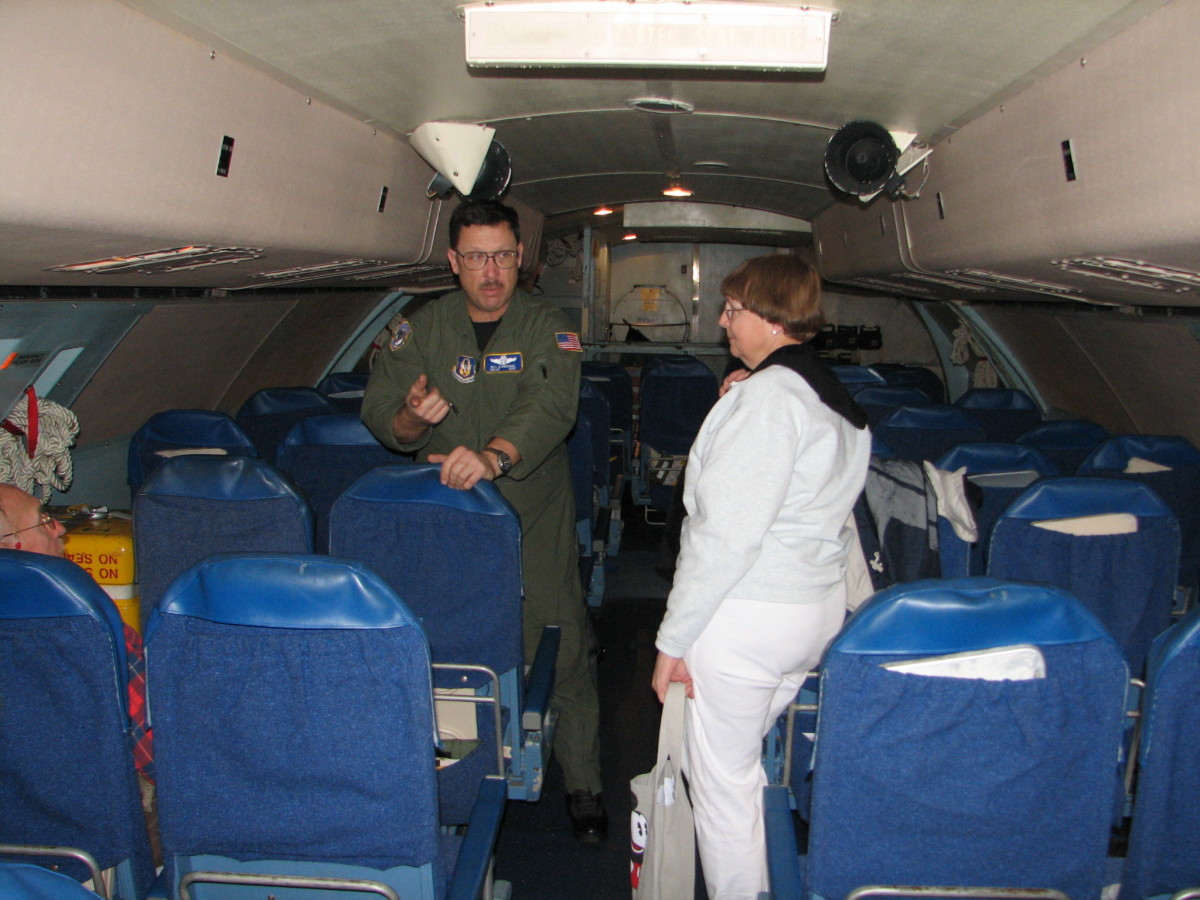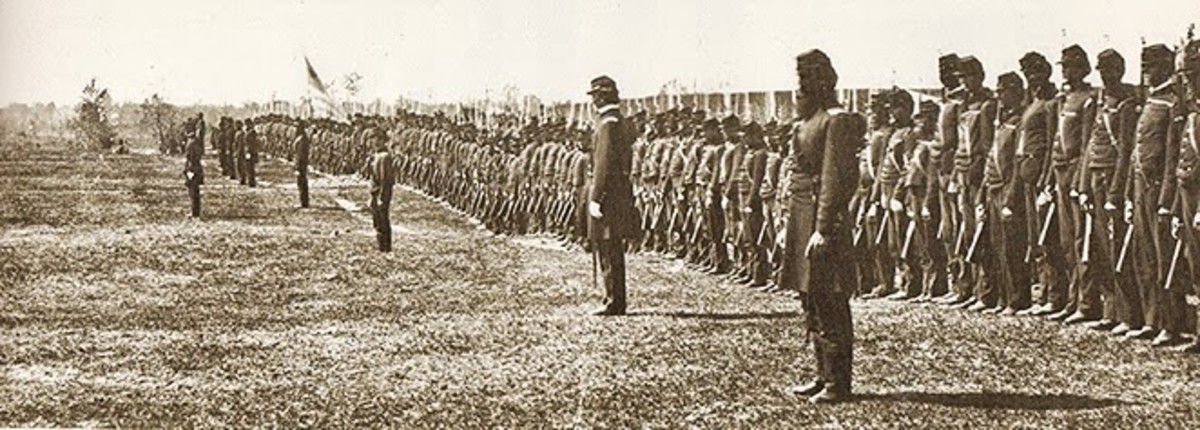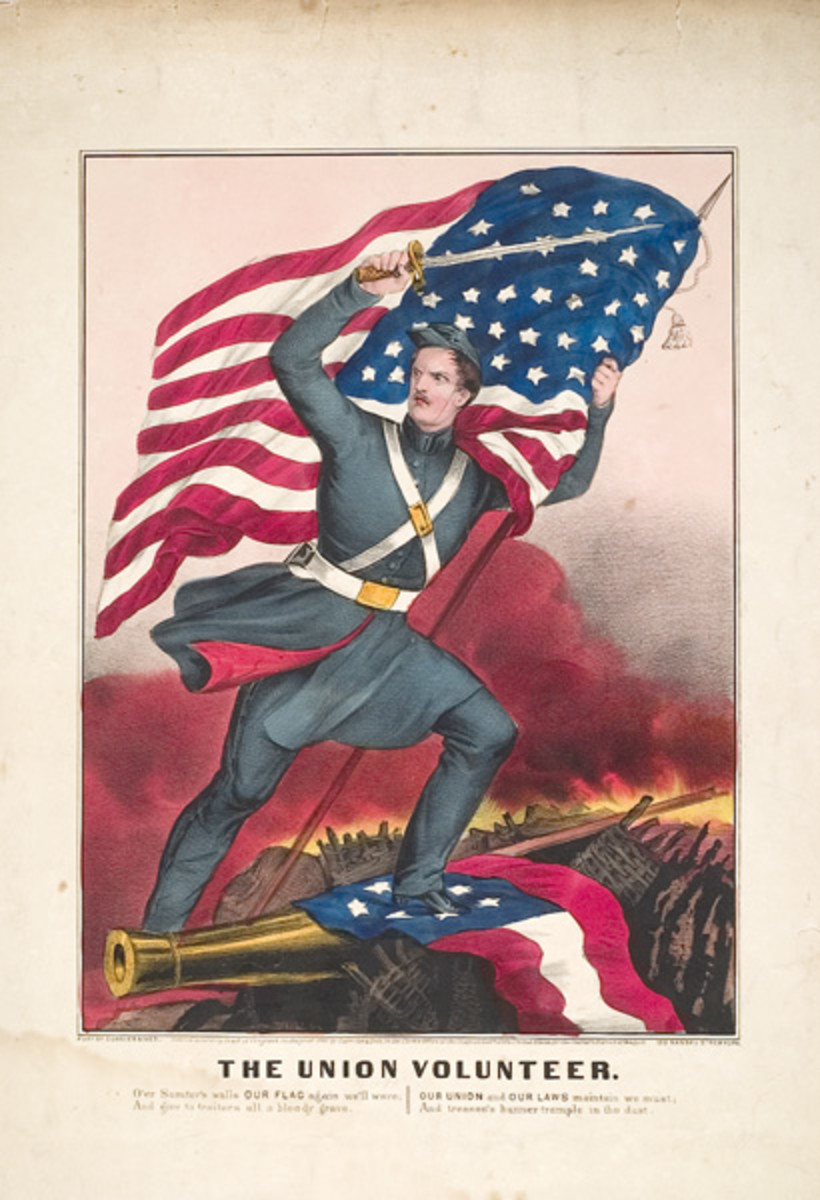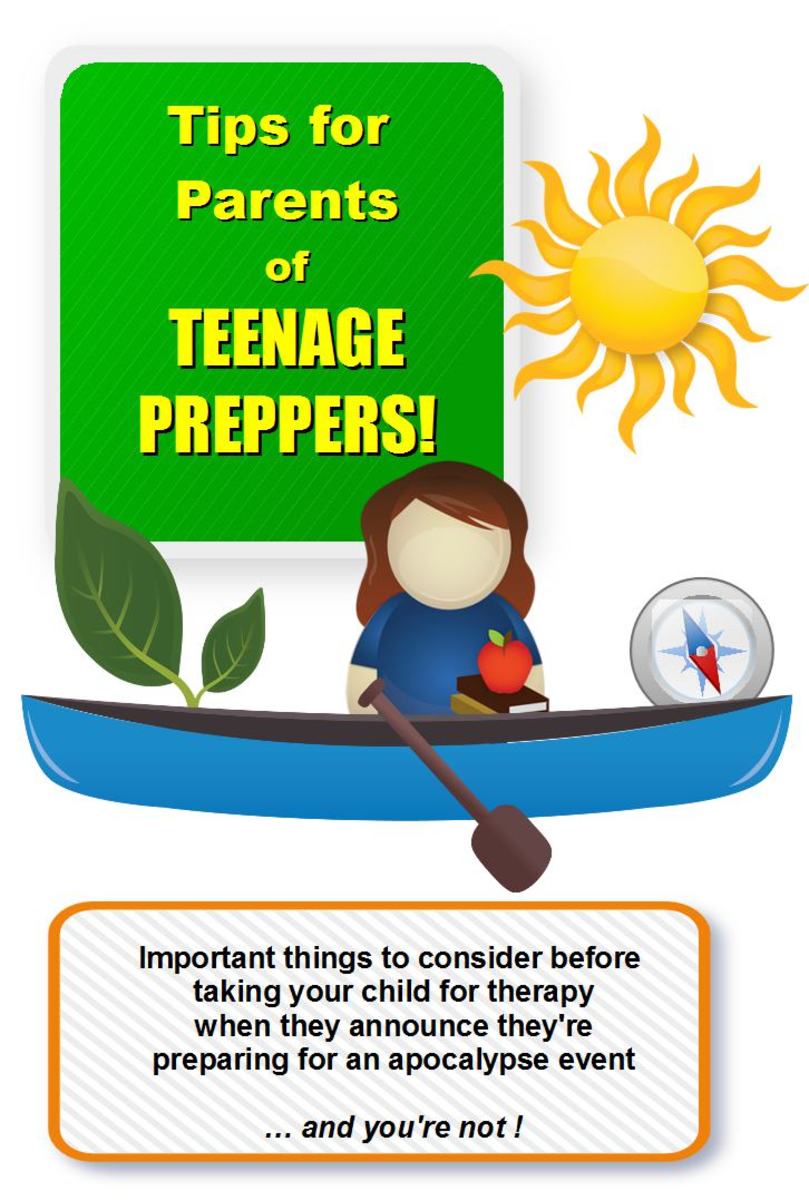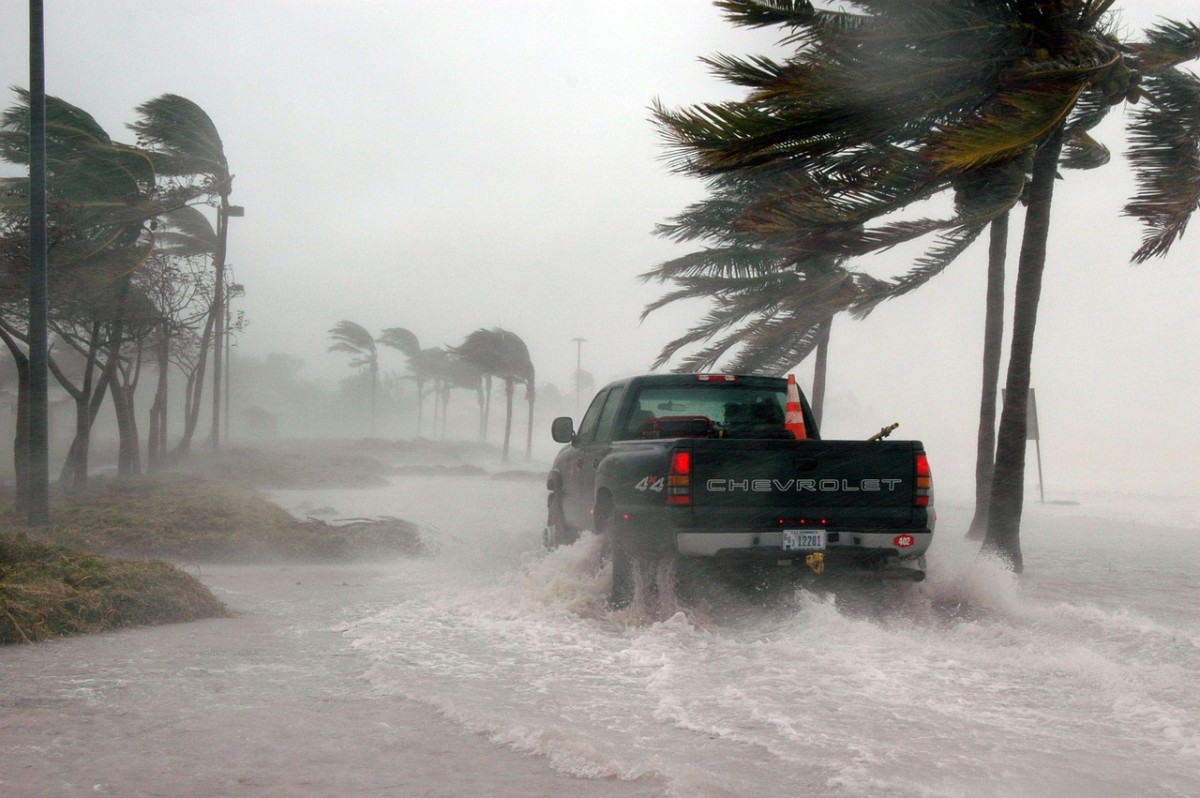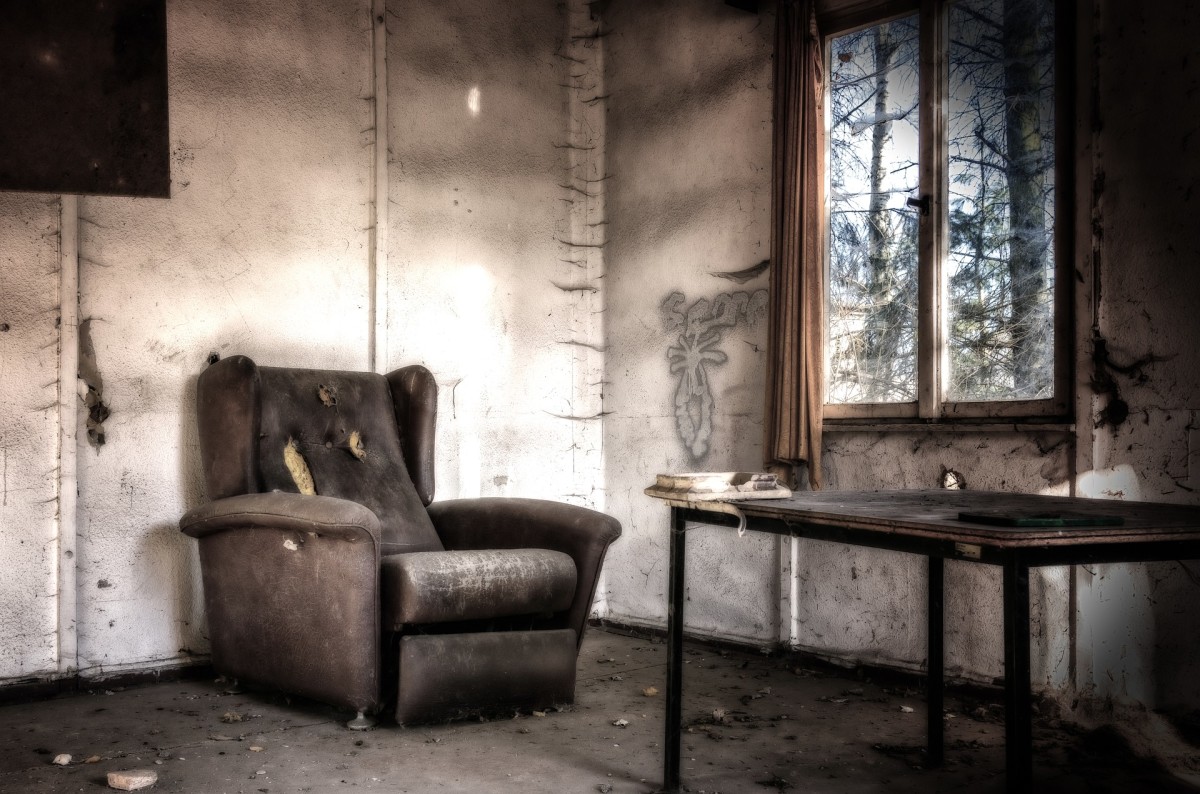Gulf of Mexico Oil Spill Clean Up: How To Help
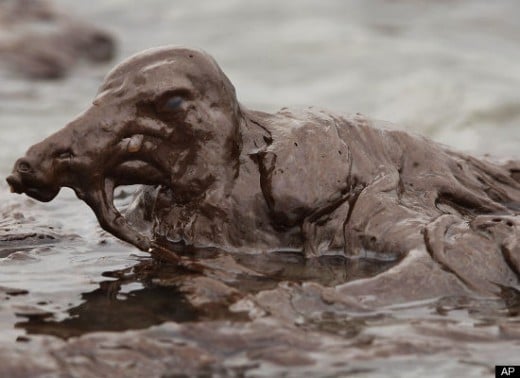
As the oil from the Deepwater Horizon disaster continues to spread, the lives of millions of sea creatures is being taken at the same time the livelihoods of thousands of people in the fishing and hospitality industry is being destroyed. The images emerging from the disaster seem to grow more horrifying every day.
Many want to help, but unlike primarily human disasters, such as the Haiti earthquake, the organizations working to clean up the Gulf are for the most part not as well known as organizations such as the Red Cross and Doctors Without Borders. This can lead to feelings of helplessness and uncertainty among would-be donors and volunteers, and impact the speed and effectiveness of the disaster response.
This hub is a guide for people who want to help, but are unsure where to begin.
IMPORTANT: If You Have Found an Oiled Animal
DO NOT ATTEMPT TO HELP OILED WILDLIFE WITH YOUR BARE HANDS.
Crude oil is a hazardous substance and training is required to properly handle, transport, or clean contaminated materials, including living or dead animals. In addition, frightened wildlife may lash out at would-be rescuers, causing injury.
If you are not a trained rescuer, please call 1-866-557-1401 to report oiled wildlife.
If possible, try to have the following information ready:
- Type (and number) of animal(s)
- Location (be as specific as possible, e.g. beach name, where on beach)
- Time last seen
- Your phone number
More Useful Telephone Numbers
Report spill related damage: 1-800-440-0858
Report oil on land: 1-866-448-5816
Submit your vessel as a vessel of opportunity skimming system: 1-281-366-5511
Submit alternative response technology, services or products: 1-281-366-5511
The Louisiana Bucket Brigade, in conjunction with Tulane University, is hosting the Oil Spill Crisis Map, an unofficial event tracking map to report oil smells, oiled wildlife, oil on shore, boom failures, and other incidents by text, Twitter, email, and more.
If You Wish To Volunteer
Several large national environmental organizations are involved in cleanup efforts.
The National Audubon Society is training volunteers to assist in cleaning animals affected by the spill.
The National Wildlife Federation is recruiting volunteers, especially experienced birders, naturalists, and other experienced in wildlife identification, to assist in surveying the extent of the damage. The NWF is also seeking volunteers to assist with wildlife rescue and rehabilitation efforts and general coastal cleanup.
The Sierra Club is also accepting volunteers.
Louisiana Gulf Response is a coalition consisting of a number of active, established organizations, both local and national, accepting volunteers to help coastal Louisiana doing everything from wildlife rescue and rehabilitation to preparing food for fellow volunteers.
Many local or smaller national organizations also need volunteers to assist with their work in the region:
The Oiled Wildlife Care Network is registering volunteers to help with wildlife rescue and rehabilitation.
eBird needs volunteers to assist with surveying Gulf Coast bird populations to help prioritize rescue efforts.
The Alabama Coastal Foundation and the Alabama Office of Faith-Based and Community Initiatives are registering volunteers.
Volunteer Florida and United Way of South Mississippi are seeking volunteers to help with volunteer support efforts.
Mobile Baykeeper and Global Green USA are registering volunteers.
Grassroots Mapping is seeking volunteers to help map the oil slick.
If You Wish To Donate
The following is a partial list of reputable organizations accepting donations to assist in Gulf Recovery Efforts:
- National Audubon Society
- Sierra Club
- National Wildlife Federation (you can easily donate $10 by texting "Wildlife" to 20222)
- Gulf Coast Oil Spill Fund
- Coalition to Restore Coastal Louisiana
- Louisiana Gulf Response
- Tri-State Bird Rescue and Research
- International Bird Rescue Research Center
- Alabama Coastal Federation
- Volunteer Florida
- Mobile Bay National Estuary Program
- Gulf Waterkeepers
- Gulf Coast Fund
- Save Our Seabirds
If you have a boat, consider donating/lending it to Vessels of Opportunity.
For a unique donation opportunity, check out Matter of Trust. Matter of Trust uses donated hair to assist in oil spill cleanup. One time or recurring donations of hair, fur, fleece, feathers, and
nylons are accepted from individuals, salons, pet owners, llama/alpaca/sheep owners, groomers, and more. For more information, visit the Instructions page.
Make a Difference With Matter of Trust
If You Want To Support Fishing Communities
73% of US shrimp and 59% of US oysters come from the Gulf, as well as significant amounts of snappers, groupers, and more. The impact on both fishing communities and seafood prices is likely to be significant.
To keep updated on sustainable seafood options and support fishing communities in the Gulf and around the world, visit Seafood Watch.
If You're Mad as Hell and Won't Take It Anymore
- Sell any BP stock you own
- Cancel BP credit cards, if any
- Contact your senators and congresspeople
- Contact President Obama
- Host or attend a rally or other event, such as Hands Across the Sand, Act Against Oil, or Clean It Up
Learn More About the Causes of the Spill
- The Spill, The Scandal, and the President
The inside story of how Obama failed to crack down on the corruption of the Bush years and let the world's most dangerous oil company get away with murder
If You Want To Attack the Root of the Problem
You can boycott BP and its subsidiaries Castrol, Arco, Aral, am/pm, Amoco, Wild Bean Cafe, and Safeway
gas, but where oil and gas is concerned, the alternatives are no better. Consider the destruction of the Prince William Sound herring fishery by Exxon and the social and environmental disasters perpetrated on Nigeria by Shell and Ecuador by Chevron-Texaco.
A more meaningful step is to reduce your consumption of oil and gas altogether.
- Walk, bike, carpool, or use public transportation whenever possible.
- Keep your tires properly inflated and your car well maintained.
- Choose energy efficient appliances, lightbulbs, small electronics, and other products.
- Support clean, sustainable alternatives to fossil fuels, such as wind and solar.
- Reduce your consumption of petroleum-based products.
- Join the Transition Town movement.
- Live green.
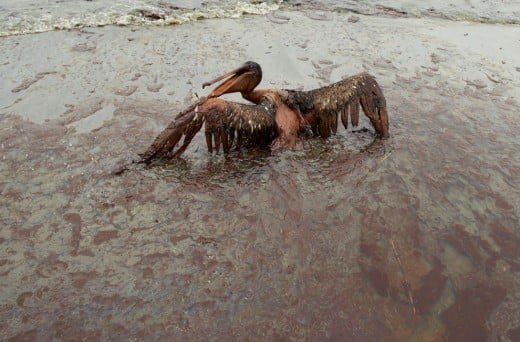
Other Sites of Interest
Gulf Clean - a forum for discussion of alternative response ideas
Deepwater Horizon Response - the official website for the disaster
EPA Response - the EPA's official webpage on the disaster
Gulf Restoration Network - a Gulf environmental organization with an extensive collection of resources and action alerts relating to the BP oil spill


